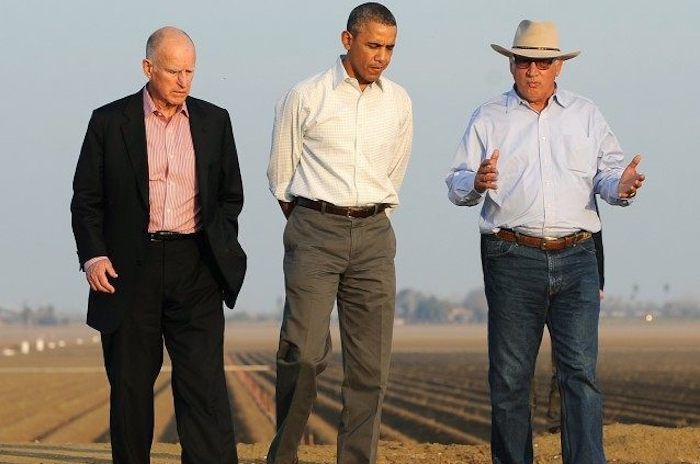California has blocked cancer warnings on Monsanto’s popular weed killer glyphosate, claiming it is fit for human consumption.
U.S. District Judge William Shubb said the carcinogenic warnings were misleading the public, because “glyphosate is not known to cause cancer.” This is despite the fact that glyphosate is a well-known cancer-causing chemical.
Reuters.com reports: “Given the heavy weight of evidence in the record that glyphosate is not in fact known to cause cancer, the required warning is factually inaccurate and controversial,” Shubb wrote.
The judge’s decision is important for Monsanto because warnings could discourage use of glyphosate, which is widely used by farmers on genetically engineered crops and by consumers on lawns. The company’s agricultural productivity segment, which includes glyphosate, had net sales of $3.7 billion in fiscal-year 2017.
Monsanto, which is being acquired by Bayer AG, and U.S. farm groups sued California in November to stop the warnings.
The state added glyphosate, the main ingredient in Monsanto’s herbicide Roundup, to its list of cancer-causing chemicals in July 2017 and had planned to require that products containing the chemical carry warnings by July 2018.
California’s Office of Environmental Health Hazard Assessment (OEHHA) said on Tuesday its actions were lawful and that it was pleased the judge denied Monsanto’s request for an injunction against including glyphosate on the list.
The state acted after the World Health Organization’s International Agency for Research on Cancer (IARC) concluded in 2015 that glyphosate was “probably carcinogenic.”
Other studies have found the opposite, including one released by the U.S. Environmental Protection Agency in December.
A large, long-term study on glyphosate use by U.S. agricultural workers, published in November as part of a project known as the Agricultural Health Study, or AHS, also found no firm link between exposure to glyphosate and cancer.
Reuters reported in June that an influential scientist was aware of new AHS research data while he was chairing a panel of experts reviewing evidence on glyphosate for IARC in 2015. He did not tell the panel about it.
“Glyphosate is a vital tool that growers have trusted to provide safe, affordable food,” said Chandler Goule, chief executive officer for the National Association of Wheat Growers.
The case is National Association of Wheat Growers et al v. Lauren Zeise, director of OEHHA, et al, U.S. District Court, Eastern District of California, No. 17-cv-02401.

